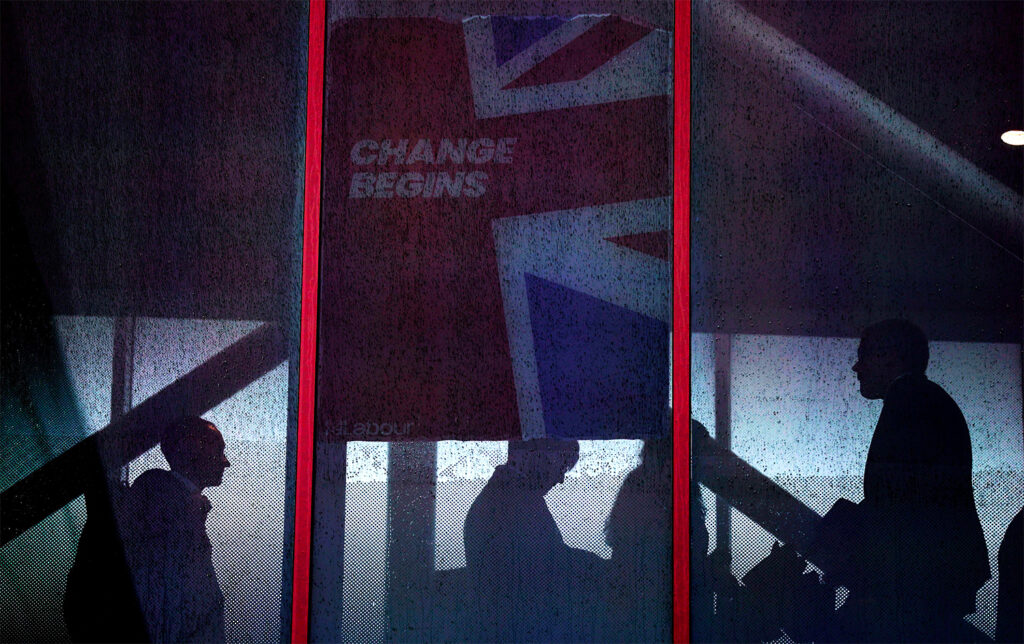This is Part One of a three-part series on the political greenwashing of the tar sands in Canada.
When I hatched the idea to write a book about the use of spin and propaganda in the battle over the tar sands, a close friend of mine suggested I avoid the term “tar sands.” His logic was simple: using this term, which has become a pejorative, would turn some people off, people who might benefit, he said, from reading my book.
His recommendation was meant to be helpful, but it speaks to the power of manipulating language to make people believe something appears to be something that it is not. “Greenwashing” refers to the strategy of intentionally exaggerating a product’s environmental credentials in order to sell it, and nowhere has greenwashing been more generously used than in the promotion of the tar sands and the new and bigger pipelines that proponents hope will carry it around the world.
Greenwashing is fairly recent phenomenon—it was only added to the Oxford English Dictionary in 1999—but it has become commonplace as public concern has grown over the spate of environmental problems we now face, and as consumers demand “greener” products as a means of solving them. The most recent analysis by TerraChoice Environmental Marketing found that although the number of green products is growing, the marketing of more than 95 per cent of them still commits one the seven sins of greenwashing.
The most egregious of these greenwashing efforts include such misleading efforts to market coal as “clean,” which is simply an Orwellian way of referring to the dirtiest of all hydrocarbon energy sources; greenhouse-gas intensive shale oil as faux-green “EcoShale”
It comes as a surprise to most people I talk to that “tar sands” was actually the preferred term for Alberta’s newest hydrocarbon resource when it first came to market in the late 1960s. It wasn’t until the environmental community began to educate the public about the dirty downsides of turning bitumen into crude in the late 1990s that Big Oil and Canadian governments began using the term more useful and cleaner-sounding “oil sands” to promote its development in northern Alberta.
But this was only the first step in the greenwashing of the tar sands. The media was coerced into using “oil sands” rather than the once-dominant “tar sands” by tar sands proponents’ relentless attacks on those who used the term “tar sands,” portraying them as environmental extremists and disloyal Canadians. The Canadian Broadcasting Corporation (CBC), for instance, actually has a language policy that mandates the use of “oil sands,” claiming it is “more neutral and more accurate because the substance refined from the extracted bitumen is oil.” (As Canadian journalist Andrew Nikiforuk, whose award-winning book Tar Sands: Dirty Oil and the Future of a Continent, points out, if this was really how we named things, then we’d call tomatoes “ketchup” and trees “lumber.) This only serves to reinforce the aims of the pro-tar sands lobby, which is to portray the tar sands in as benign a light as possible.
When using the term “oil sands” was no longer enough to counter growing evidence about the environmental impacts of the tar sands, the oil industry polled Canadians to better understand how they viewed tar sands development. Not surprisingly, Canadians, regardless of political affiliation, wanted oil companies to limit the environmental impacts of developing Canada’s tar sands. In short, they wanted them developed responsibly.
The natural response was to tell Canadians what they wanted to hear. Rather than address the growing environmental concerns—particularly growing greenhouse gas emissions and increasing evidence of toxic pollution in ground and surface water, not to mention the impending extirpation of the region’s threatened caribou populations—the Alberta government continued to approve record-breaking numbers of tar sands projects, and the oil industry, and the Alberta and federal governments began using the terms “clean,” “responsible,” and “sustainable” to characterize tar sands development.
Ezra Levant, a former tobacco-lobbyist and virulent tar sands promoter, added the term “ethical oil” by writing a book arguing that Canada’s tar sands crude was the most ethical oil on the planet. He argued that because Canada was a democracy with strong environmental laws and regulation and an excellent human rights record, tar sands oil was better than oil from authoritarian dictatorships like Saudi Arabia. Despite the fact his analysis was roundly criticized by professional ethicists, the term caught on and was adopted by media pundits and even politicians.
The latest greenwashing torpedo came recently from Canadian Minister of Natural Resources Joe Oliver, who pitched the tar sands as a “green” energy source, and then told an audience in Chicago that “Canada is the environmentally responsible choice for the U.S. to meet its energy needs in oil for years to come.” That this is the greenest of greenwashing has been ably debunked here, there and everywhere.
It’s clear that the rhetoric from Canada’s pro-tar sands politicians has continued to escalate over the years, from a subtle name change to outlandish and unsupportable claims of environmental virtue. While this may seem like an unimportant debate about semantics, it is really an illustration of how dangerous these tactics are. When this kind of messaging is injected into speeches, media coverage, and well-funded advertising campaigns, it works. Polls, many of which use greenwashing techniques of their own to conceal the true environmental risks and impacts of the tar sands, indicate the majority of Canadians believe that it’s possible to increase oil and gas development and still protect the environment, so they support tar sands development as long as “a continuous effort to limit the environmental impact” is being made.
It doesn’t matter whether language is being used honestly and with integrity, or whether the environmental impact of the tar sands is actually being reduced (it is not). What matters is that greenwashing is having a dangerously misleading impact on Canadians’ perceptions of tar sands development.
Part II of this series will explore whether the greenwashing activities of Canadian politicians and governments would get passing grades from the federal government’s Environmental Claims Guidelines for Industry and Advertising.
Image Credit: Cumulative Environmental Management Association report on tar sands tailings ponds
Subscribe to our newsletter
Stay up to date with DeSmog news and alerts







